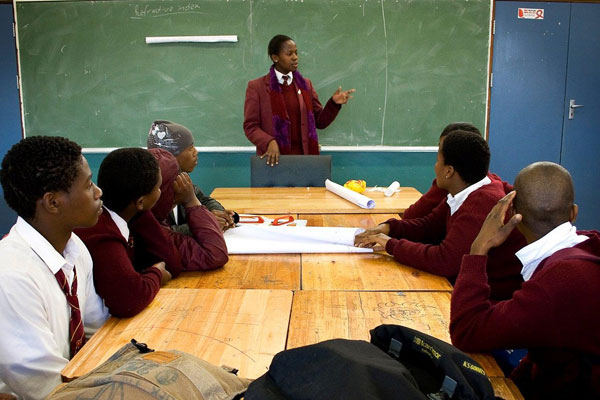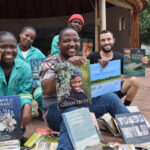In a country where illiteracy among primary learners is a prevalent challenge, there are hints of hope. The 2012/2013 Stats SA report notes that “more than nine-tenths (92, 9%) of South Africans are able to read and write”.
This can be accredited to a number of efforts and initiatives established by various organisations to address illiteracy and related issues. GOLD Peer Education Development Agency (GOLD) is one such organisation – empowering students from underprivileged communities to make positive choices for their futures and communities.
A thirteen-year-old boy from Mpumalanga is one of many students who has benefited from one of the GOLD programmes run by Masoyi Home Based Care (one of GOLD’s Implementing Partners). He expresses that he had “difficulties in reading and understanding English”. As a result he says: “my friends at school used to laugh at me and make fun of me”.
However, this changed when he attended a GOLD peer education session. He says he “learnt how to interact well with young people” like him. He also notes that the programme helped him “to learn to read and understand English”, as the material used during the sessions is taught in English. The GOLD programme not only enabled him to read and write in English, but also inspired him to be confident to do so.
This young boy’s story is a testament of hope for literacy in South Africa, which can be kindled at an early stage of a young person’s development.
Read more about the inspiring work done by GOLD at www.goldpe.org.za.




